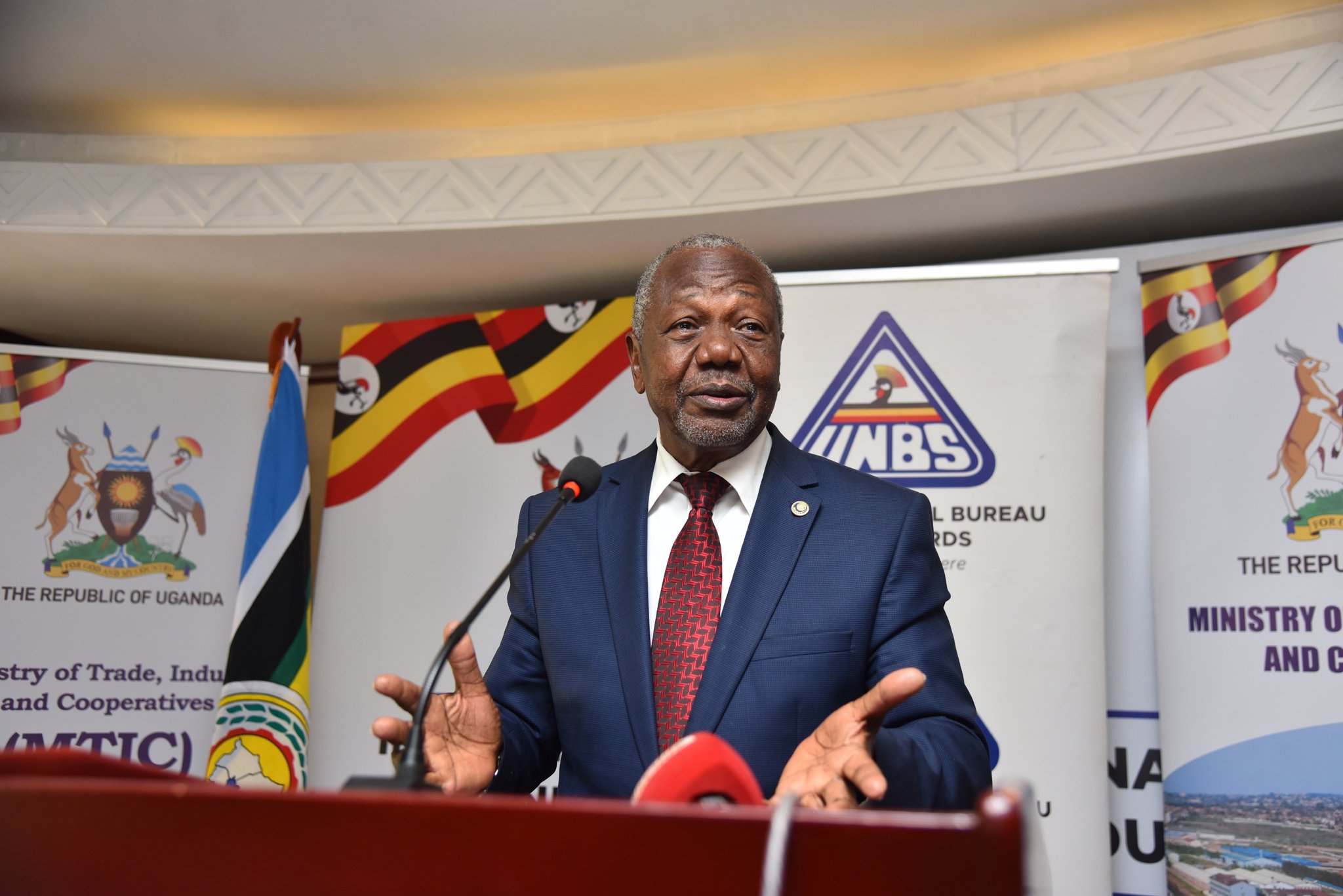How critics slammed New Vision’s ‘Government Overthrow’ story as lazy propaganda
The article links the June 23 peaceful anti-corruption protests in Kampala to regional uprisings and opposition figure Kizza Besigye, suggesting a grand plot involving both local and foreign forces.

The New Vision newspaper ignited a firestorm of criticism with its front-page story titled “Intelligence dossier on riots: Security busts plot to bring down government,” which purports to reveal a mastermind conspiracy to overthrow the government.
The article links the June 23 peaceful anti-corruption protests in Kampala to regional uprisings and opposition figure Kizza Besigye, suggesting a grand plot involving both local and foreign forces.
However, the story has been widely condemned as a “shoddy hatchet job” that fails to provide credible evidence to back up its claims.
The article insinuates that Besigye’s recent trip to Kenya is proof of his involvement in orchestrating the protests, a claim that has been met with widespread ridicule and outrage.
The New Vision further alleges that FDC youths arrested in Kenya were being trained to overthrow the NRM regime before 2026, and that social media influencers were paid to mobilize protesters. However, critics have pointed out that the article offers no concrete examples, sources, or evidence to substantiate these serious allegations.
Dr. Spire Ssentongo, a well-known critic of the regime, dismissed the article as “lazy propaganda” that falls short of basic journalistic standards.
“If this is New Vision’s way of trying to recover from the verge of collapse, then they better go tabloid straight away,” he quipped.
Echoing these sentiments, anti-corruption activist Godwin Toko criticized the piece for failing to meet even the most rudimentary rules of effective propaganda.
“Propaganda must be at least 50% correct in terms of evidence, facts, etc., then smuggle the propaganda. This doesn’t pass that test,” Toko remarked.
The article has ignited a broader debate about media ethics in Uganda, raising questions about New Vision’s commitment to factual reporting and its relationship with the state.
As the Ugandan government faces increasing scrutiny over its handling of corruption and human rights, this controversy has brought the role of journalism in promoting transparency and accountability into sharp focus.







